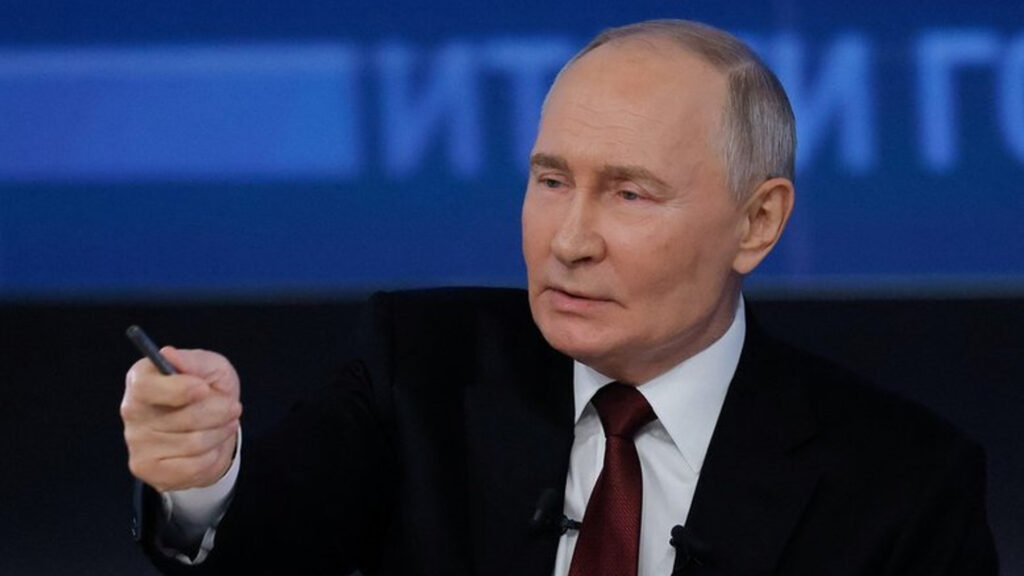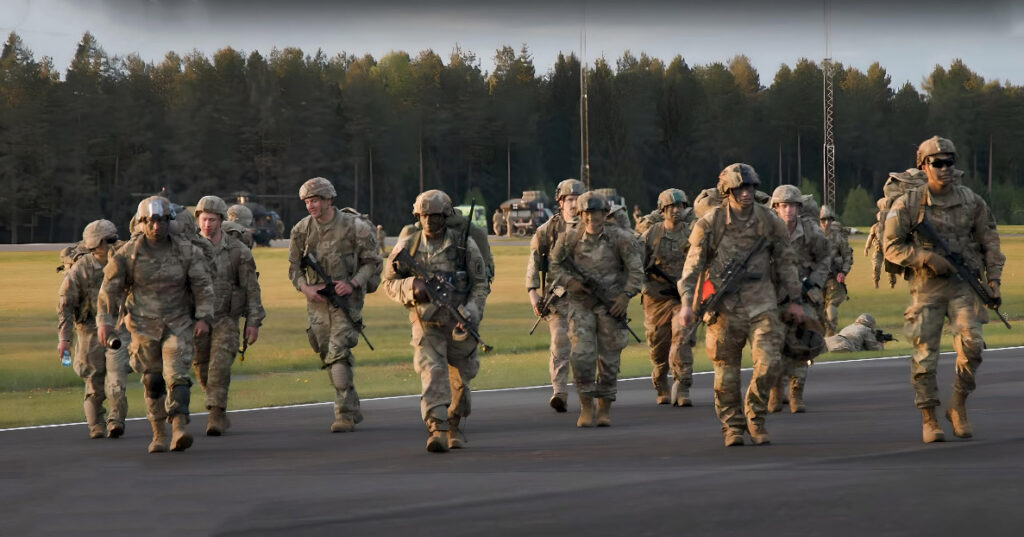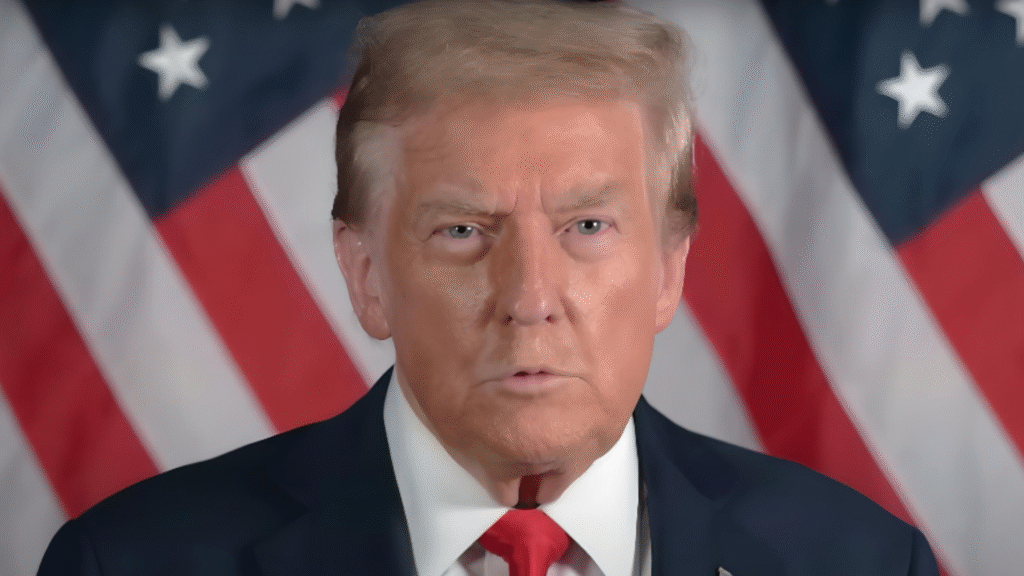June 27, 2025 — During a press conference in Moscow, Russian President Vladimir Putin once again addressed NATO’s expansion, stating that the West’s failure to honor past agreements is a key reason for the ongoing conflict in Ukraine. He recalled assurances from the late 20th century that the North Atlantic Alliance would not expand eastward. According to Putin, these promises were broken, fundamentally altering the architecture of European security.
Putin argued that the “military buildup” and increased defense budgets in several countries, justified by the “Russian threat,” were not provoked by Russia’s actions but rather stem from years of mistrust and strategic pressure. He emphasized that Russia is merely responding to externally created challenges, pursuing a defensive, not offensive, strategy.
In this context, Putin commented on the unprecedented increase in defense spending, which reached 13.5 trillion rubles in 2025, equivalent to approximately $126 billion USD. This accounts for 32.5% of the federal budget and about 6% of GDP. He stressed that such resource mobilization is a necessary measure amid ongoing armed conflict, requiring not only frontline funding but also extensive military re-equipment.
International analysts link the sharp rise in Russia’s military budget to both long-term modernization goals and efforts to maintain strategic initiative in the conflict. The Guardian, citing internal sources, notes that a significant portion of these funds supports the military-industrial complex, including the development of unmanned systems, next-generation armored vehicles, and electronic warfare capabilities.
However, Putin emphasized that Russia has no choice but to maintain a “firm defensive line” to ensure its security in an environment where diplomacy, in his words, is “systematically replaced by ultimatums.” He also stated that Russia remains open to negotiations, but only if they genuinely account for the security interests of all parties, rather than being dictated by one-sided pressure.
Thus, the Russian leader’s rhetoric once again highlights a shift in the perception of international politics, where past agreements, even informal ones, are viewed as a cornerstone of current strategy. This creates further context for the ongoing geopolitical tensions in Eastern Europe, the consequences of which will be felt far beyond the region.



